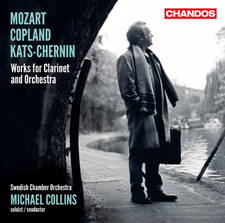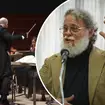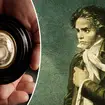The Beethoven Question: can art make life worth living?
22 November 2012, 18:02 | Updated: 27 November 2012, 13:51
We often take listening to music for granted, but this year's Musical Brain conference explored how deaf and hearing-impaired musicians continue to be inspired by art, in the context of Beethoven - a creative genius, who also happened to be deaf. Academics, musicians, Beethoven lovers, dancers and film makers all came together to answer the Beethoven question: can art make life worth living?
After losing his hearing gradually throughout his life, it's perhaps surprising that one of the greatest composers ever to walk the earth could no longer hear by the time he wrote his brilliant Symphony No. 9. After visiting Heiligenstadt in Vienna, Beethoven chose to take inspiration from his deafness, resolving to struggle through any difficulties he faced in order to compose life-affirming music. His deafness almost drove him to despair, but his love of music spurred him on and quite literally kept him alive.
So what's it like being a deaf musician today? And what inspiration can we take from Beethoven himself? We interviewed a host of world-class academics, musicians and film makers in order to find out.
Beethoven expert Barry Cooper shares his thoughts on his discovery of Pange lingua, the new hymn he discovered.
Film-maker Lindsey Dryden explains the motivation behind her fascinating documentary, Lost and Sound.
Artistic Director Ian Richie explains why Beethoven's music is so universal.
Michael Trimble puts forward his argument as to why music provokes such a reaction in humans.
The Sacconi Quartet share their thoughts on Beethoven's stylistic periods.
Robert Fulford on working with musicians with hearing impairments
British Paraorchestra musician Lloyd Coleman


























